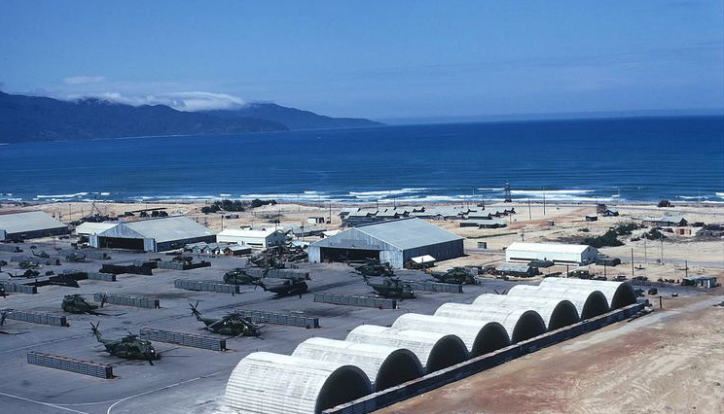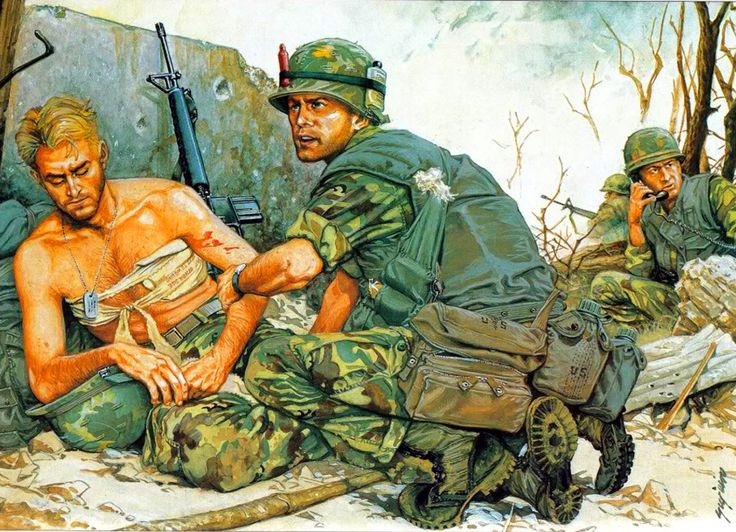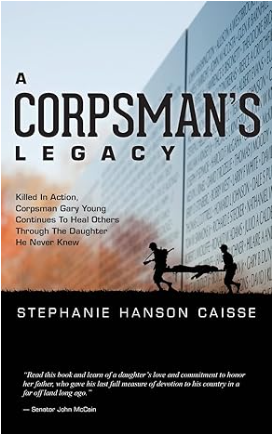During the turbulent years of the Vietnam War, the U.S. Marines were not only called to engage in combat on the front lines, but they were also tasked with ensuring the security of key facilities, many of which were vital to the war effort. One such unit that played a crucial role in maintaining perimeter security at Marble Mountain Air Facility (MMAF) was Zulu Company.
In 1966, Zulu Company began as a provisional rifle company tasked with guarding the perimeter of MMAF. Originally, this group was made up of personnel from various squadrons, including non-commissioned officers (NCOs) and Staff NCOs, as the need for security personnel grew. Much like other duties such as mess duty, Zulu Company’s ranks were filled by those who were not necessarily trained grunts but were tasked with the critical responsibility of keeping the air facility secure.
As the days turned into weeks, many of the Marines who were assigned to the duty found themselves stationed on the wire, sitting in bunkers, ready to defend the facility at a moment’s notice. Some, like one Marine who was part of the original detail, recall performing 30-day stints of guard duty, rotating in and out to fulfill the need for perimeter security. For many, it was an exhausting and often thankless job, giving meaning to the suck life, but it was essential to the safety of the base and the larger mission.
By 1967, as the situation on the ground in Vietnam continued to evolve, so did Zulu Company. The Marines who were previously assigned from various squadrons were gradually replaced by dedicated infantrymen, the “grunts.” This shift meant that Zulu Company became a more specialized unit, equipped with seasoned combat Marines who took on the duty of defending MMAF with increased focus and training.
At this point, the unit became more formally organized and established as part of MABS-16. It was no longer a temporary solution staffed by volunteers from other areas of the Marine Corps. Instead, Zulu Company had its own designated personnel, and they operated out of their own “hooch” area, which was separate from other units.
Guard duty in Zulu Company was no walk in the park. Perimeter duty often involved long hours in isolated, vulnerable positions, particularly on the beachside of MMAF. Some Marines recall being stationed in watch towers or bunkers, where they would be posted alone or with just one other Marine to keep an eye on the perimeter for hours on end. It wasn’t unusual for the officers in charge to conduct surprise checks, ensuring that their Marines stayed vigilant.
Marines also remember some of the more unusual duties they were tasked with, such as escorting corpsmen on visits to local villages or providing security for generals who wanted to visit the Marble Mountain area. These assignments often led to memorable sea stories, as these excursions sometimes ended in unexpected situations or encounters.
The duty wasn’t just mentally taxing; it also took a toll on the body. The isolation of spending days and nights in a bunker could get to the best of Marines, especially when dealing with the small, crawling creatures that would sometimes invade their living spaces. Marine after Marine remembers one particular bunker having to be burned down due to the persistent presence of these tiny invaders.
Throughout 1969 and into 1970, the transformation of Zulu Company continued. More permanent personnel began to man the posts, and while they were still occasionally bolstered by non-permanent Marines or Army personnel, Zulu Company became a steady fixture in MMAF’s security structure. The Marines stationed in Zulu Company during this time were not only charged with guarding the perimeter but also with ensuring the security of the base against any threats that could arise. Marines would guard towers or bunkers that overlooked key parts of the facility, including the hospital area and the runway.
Though their names may not be as famous as those of the combat Marines who fought in the jungles of Vietnam, Zulu Company’s role in protecting MMAF was crucial. These Marines, many of whom were not originally infantrymen, adapted to their surroundings and performed a task that required immense discipline and bravery. Whether it was standing watch on the wire for 30 days at a time, escorting corpsmen to nearby villages, or providing security for high-ranking officials, Zulu Company’s dedication ensured the safety and success of one of the most vital air facilities in the region during the Vietnam War.
The stories of Zulu Company’s Marines, those who stood guard on the perimeter and in the towers of MMAF, are not often told, but they are no less significant. Their service is a reminder that sometimes, the greatest sacrifice is not made on the front lines, but on the periphery, in the long, lonely hours of vigilance. These Marines gave their all to keep their fellow troops safe, and for that, they will always be remembered.
Do you have any personal stories or memories from your time serving in Zulu Company or on guard duty at MMAF? Feel free to share your experiences in the comments below.
Semper Fi!

 Our legacy lives through the stories we tell. The Suck Life wants yours! Make Chesty proud!
Our legacy lives through the stories we tell. The Suck Life wants yours! Make Chesty proud!



 Semper Fidelis
Semper Fidelis




I spent 60 days in Zulu, it certainly was a different experience for me. One incident I remember was I believe in June of 1970. Napalm was mixed by a guy I was in bootcamp with. The 55 gallon drums were brought to a runway at the far south end of the base. There was a Lot of drums in cargo nets staged there. I was in a tower and bunker about 100 yards from all this napalm. About 01:00 illumination rounds went off above us? The CO of Zulu came running on perimeter road, he yelled can I see where they are coming from? I couldn’t but thought it was from the south west. The enemy was probing to find the napalm and thank God never fired in high explosive rounds to ignite it ! Needless to say it was a very long night! Claymores were out, my M60 was ready. At daybreak a bunch of CH 53’s came in and flew away with all the napalm. What happened in that mission is another story, many others know about. During the day sometimes we would provide security for doctors and corpsmen at villages. If you weren’t on perimeter and a siren went off at night we had 3 minutes to be on a truck not really knowing where you are going. In short it sucked but today I am glad I experienced it.